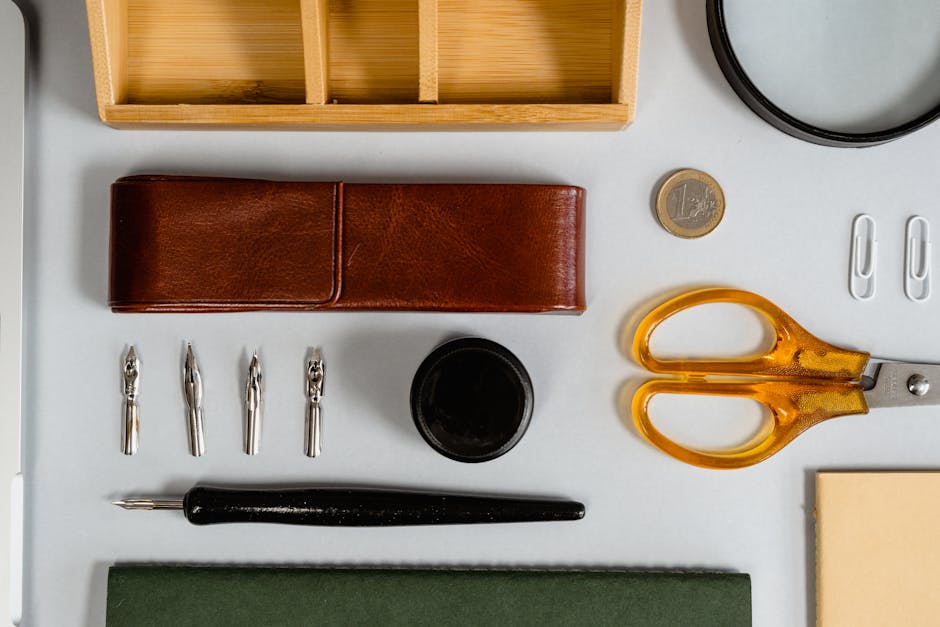Tips for Avoiding Relapse: A Comprehensive Guide
Relapse is a common challenge that many individuals face on their journey to recovery from addiction, whether it be substance abuse, gambling, or any other addictive behavior. It can be disheartening and frustrating to experience a setback after making progress, but it’s important to remember that relapse is not a sign of failure. Instead, it’s an opportunity for growth and learning. In this article, we will explore various tips and strategies to help you avoid relapse and maintain your sobriety. From understanding triggers to building a strong support system, we will cover everything you need to know to stay on track towards a healthy and fulfilling life.
The Role of Triggers in Relapse

Triggers are external or internal cues that can lead to cravings and ultimately, relapse. Understanding your triggers is a crucial step in avoiding relapse. External triggers can include people, places, or situations that remind you of your addictive behavior. For example, if you were struggling with alcohol addiction, being in a bar or around friends who are drinking could be a trigger. Internal triggers, on the other hand, are emotions or thoughts that make you vulnerable to relapse. Stress, anxiety, depression, or even boredom can all be internal triggers that increase the risk of relapse.
Identifying your triggers and developing coping mechanisms to deal with them is essential for maintaining sobriety. For example, if you know that social events where alcohol is present are a trigger for you, it’s important to have a plan in place to handle these situations. This could involve bringing a sober friend with you, having an escape route if you feel overwhelmed, or practicing relaxation techniques to manage stress.
Building a Strong Support System

One of the most effective ways to prevent relapse is to build a strong support system. Surrounding yourself with people who understand your struggles, provide encouragement, and hold you accountable can make a significant difference in your recovery journey. This support system can include friends, family members, therapists, support groups, or a sponsor.
Having a network of individuals who you can turn to in times of need can help you stay motivated and committed to your sobriety goals. They can offer guidance, empathy, and a listening ear when you’re feeling overwhelmed. Additionally, engaging with others who are also on the path to recovery can provide a sense of community and belonging, reducing feelings of isolation and loneliness.
Practicing Self-Care and Healthy Habits

Self-care is essential for maintaining your physical, emotional, and mental well-being, especially during times of stress or temptation. Engaging in activities that promote relaxation, mindfulness, and overall wellness can help you stay grounded and focused on your recovery goals. This can include regular exercise, healthy eating, meditation, journaling, or spending time in nature.
Establishing healthy habits and routines can also play a significant role in preventing relapse. Creating a structured daily schedule that includes time for self-care, work, leisure, and social activities can help you stay organized and avoid boredom or complacency. It’s important to prioritize your health and well-being as you navigate the ups and downs of recovery.
Learning from Past Mistakes

Relapse is a common part of the recovery process, and it’s important to view it as an opportunity for growth and self-reflection. Instead of beating yourself up over a setback, take the time to analyze what triggered the relapse and what you can learn from the experience. Reflecting on your mistakes and identifying areas for improvement can help you develop a stronger resilience and coping strategies for the future.
It’s also important to forgive yourself for past mistakes and practice self-compassion. Recovery is a journey filled with ups and downs, and it’s normal to experience setbacks along the way. By acknowledging your humanity and embracing your imperfections, you can move forward with a sense of empowerment and determination.
Seeking Professional Help and Therapy
Recovery from addiction is a complex and challenging process, and it’s essential to seek professional help and therapy to support your journey. Therapists, counselors, and addiction specialists can provide you with the tools, resources, and guidance you need to overcome obstacles and maintain your sobriety.
Individual therapy can help you address underlying issues that contribute to your addictive behavior, such as trauma, mental health disorders, or relationship issues. Group therapy and support groups can connect you with others who are facing similar challenges and provide a sense of community and belonging. Additionally, medication-assisted treatment may be an option for certain types of addiction, such as opioid or alcohol dependence.
Setting Realistic Goals and Celebrating Progress
Setting realistic and achievable goals is essential for staying motivated and focused on your recovery journey. Break down your long-term objectives into smaller, manageable steps that you can celebrate along the way. Recognizing and acknowledging your progress, no matter how small, can boost your confidence and reinforce your commitment to sobriety.
Celebrating milestones, such as days of sobriety, completing a therapy session, or achieving a personal goal, can help you stay engaged and motivated. Rewarding yourself for your hard work and dedication can provide a sense of accomplishment and encouragement to continue moving forward on your path to recovery.
Exploring Holistic Therapies and Alternative Treatments
In addition to traditional therapy and support groups, exploring holistic therapies and alternative treatments can complement your recovery journey and provide additional tools for avoiding relapse. Practices such as yoga, meditation, acupuncture, art therapy, or equine therapy can help you reduce stress, improve emotional regulation, and enhance overall well-being.
Many individuals find relief and healing through holistic approaches that focus on the mind-body connection and promote self-awareness and self-care. These therapies can be used in conjunction with traditional treatments or on their own, depending on your individual needs and preferences. It’s essential to explore different options and find what works best for you in your recovery process.
Common Misconceptions About Relapse
One common misconception about relapse is that it signifies a lack of willpower or moral failing. In reality, addiction is a complex and multifaceted disease that affects the brain’s reward system and impairs decision-making and impulse control. Relapse is a common occurrence in recovery, and it does not define your worth or character. It’s important to approach relapse with compassion, understanding, and a commitment to learning and growing from the experience.
Another misconception is that relapse is inevitable and that once you’ve experienced it, there’s no hope for recovery. This belief can be discouraging and demotivating, leading individuals to give up on their sobriety goals. However, relapse is not a sign of failure but rather an opportunity for reflection, growth, and resilience. With the right support, resources, and mindset, it is possible to learn from relapse and continue on the path to long-term recovery.
Conclusion
To wrap things up, avoiding relapse is a challenging but achievable goal for individuals on the path to recovery from addiction. By understanding your triggers, building a strong support system, practicing self-care, learning from past mistakes, seeking professional help, setting realistic goals, and exploring holistic therapies, you can increase your chances of maintaining sobriety and living a fulfilling life. Remember that relapse is a common part of the recovery process, and it’s important to approach it with compassion, self-awareness, and a commitment to growth. Stay focused on your goals, celebrate your progress, and take each day as it comes. You have the strength and resilience to overcome obstacles and build a life free from addiction. You are capable, you are worthy, and you are not alone on this journey.




